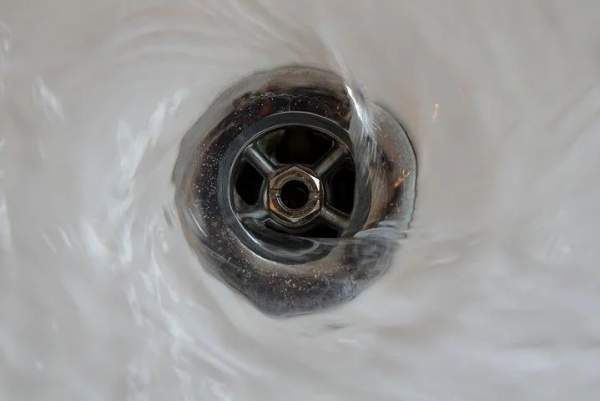Every homeowner dreads the infamous drip of a leaky faucet or the unexpected gush of a burst pipe. Plumbing issues can range from minor inconveniences to significant disasters, often resulting in costly repairs. Understanding some basics of plumbing can help prevent these issues and ensure your home remains in top condition. As a seasoned home inspector, I’ve seen firsthand the importance of maintaining a sound plumbing system, and I’m here to share insights that can save you time and money.
Understanding Your Home’s Plumbing System
Your home’s plumbing system is a complex network of pipes, valves, and fixtures that deliver clean water to your home and remove wastewater efficiently. A typical plumbing system consists of two subsystems: water supply and drainage. The water supply system brings fresh water into the home, usually under pressure, while the drainage system removes wastewater without relying on pressure, using instead the natural force of gravity.
Key components include:
- Pipes: Typically made from copper, PVC, or PEX, each material has its pros and cons in terms of durability and cost.
- Valves: Ensure you know the location of shut-off valves, such as the main water valve, to quickly stop water flow during emergencies.
- Fixtures: Regular checks for leaks in faucets, toilets, and showers can prevent water wastage and damage.
Preventive Maintenance Tips
Consistent maintenance is crucial for preventing plumbing issues. Here’s what you can do:
- Inspect Regularly: Look for signs of leaks, corrosion, or water damage around your plumbing fixtures.
- Test Water Pressure: High water pressure can damage pipes and fixtures. Ensure it remains between 40-60 psi.
- Insulate Pipes: Especially in colder climates, to prevent freezing and bursting during winter months.
- Flush Water Heater: Remove sediment build-up annually to maintain efficiency and extend its lifespan.
Familiarize yourself with the International Plumbing Code (IPC) standards, which guide safe and efficient plumbing practices. Compliance not only enhances safety but also adds value to your property.
Conclusion
Mastering the basics of plumbing can help you avoid common water woes and protect your home investment. However, for a thorough assessment and peace of mind, consider scheduling a professional home inspection. As experts, we can identify potential issues before they become costly problems.

